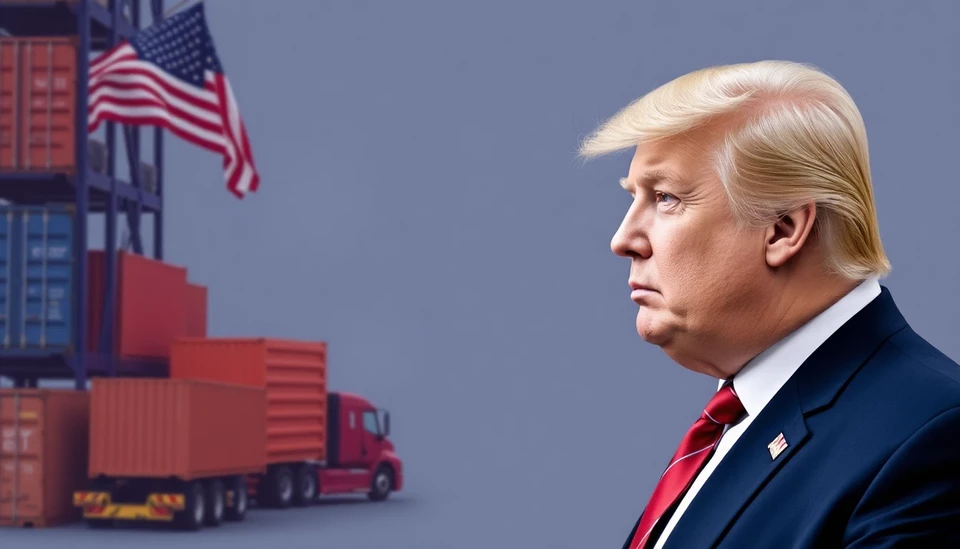
The ongoing trade policies initiated by former President Donald Trump are creating ripple effects in the U.S. economy, particularly for small businesses navigating the complex landscape of tariffs on imported goods. As the U.S. wrestles with elevated inflation rates and a fluctuating economy, the ramifications of these tariffs, which were designed to protect American industries, are raising alarms among small business owners.
Since taking office, Trump's administration implemented a series of tariffs across multiple sectors, targeting steel, aluminum, and a broad range of imported consumer goods. These measures were initially framed as a way to bolster American manufacturing and reduce trade deficits, but now, many small business operators are voicing their concerns about how these tariffs are impacting their bottom lines.
In recent months, small businesses, which are often more vulnerable to price hikes than larger corporations with more robust supply chains, have begun to feel the strain of increased costs. Many companies report being forced to raise their prices to accommodate the additional fees imposed by tariffs, which could potentially alienate customers and reduce sales. As a result, business owners are caught in a difficult position: they must either absorb the added costs—potentially hurting their profits—or pass them onto consumers, risking a decline in demand.
Moreover, industry experts indicate that the uncertainty surrounding trade policies can create a chilling effect on investment decisions among small business owners. Many entrepreneurs are hesitant to expand their operations or hire new employees given the unpredictability of material costs and geopolitical tensions that can influence trade relations.
Compounding these challenges is the reality that many small businesses rely on imported materials or components. For example, in industries such as construction, retail, and technology, the cost of essential goods has noticeably increased, further squeezing profit margins. Companies in the manufacturing sector are particularly feeling the pressure, as they seek to remain competitive while managing higher production costs.
Despite these difficulties, some small business owners are exploring ways to adapt. Strategies include sourcing materials from local suppliers to mitigate the impact of tariffs and diversifying product lines to appeal to shifting consumer preferences. Others are advocating for policy changes or seeking support through local chambers of commerce to alleviate the burden imposed by tariffs.
In conclusion, the tariffs put in place during Trump's tenure are prompting substantial concerns among U.S. small businesses, reflecting how broader trade policies can have unexpected consequences at the grassroots level. As inflation remains a persistent challenge and economic conditions continue to evolve, the dialogue surrounding tariffs and their impact on small enterprises is likely to intensify.
As these small businesses navigate through these turbulent times, the future landscape of American commerce remains uncertain, demonstrating that trade policies resonate beyond high-level negotiations and deeply affect the daily operations of small enterprises across the nation.
#TrumpTariffs #SmallBusiness #Economy #TradePolicies #Inflation #AmericanManufacturing #Entrepreneurs #BusinessStruggles #LocalEconomies #SupplyChainChallenges
Author: Daniel Foster




